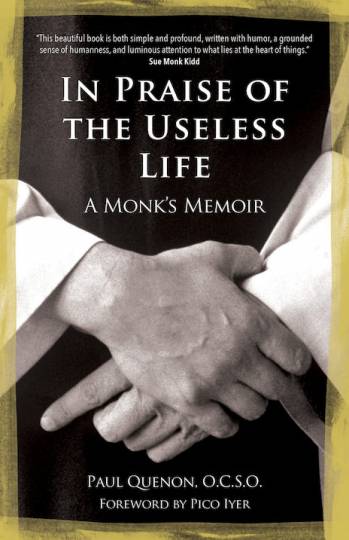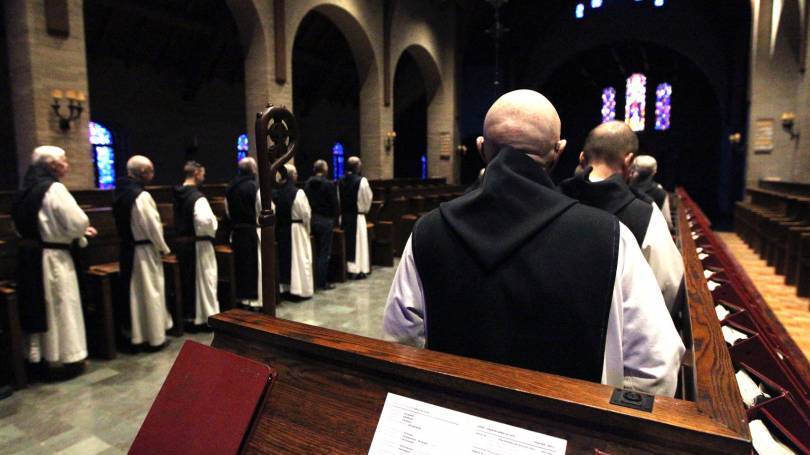In Praise of the Useless Life: A Monk’s Memoir
by Paul Quenon, OCSO
Nestled in the rolling hills of Kentucky, a group of men live “useless” lives. The
Abbey of Our Lady of Gethsemani was made famous by Thomas Merton. Now, in his 60th year as a monk, one of Merton’s novices shares his reflections in this unusual memoir (
Ave Maria Press, 2018).
Much like the rhythms of monastic life are designed to sanctify time, this work has a pitch and roll, ebb and flow as it considers the dance of life lived in the midst of the ordinary, even mundane – prayer, labour, and prayer again, cycling through the days and seasons.
Quenon is a poet, and examples of his work are strewn throughout. It is a poet’s brand of luminous attention to the tiny details that makes up this monk’s life: the particular qualities of birdsong, the growth of beloved trees. It reminds me of the words of another poet,
Mary Oliver:
“Instructions for living a life.
Pay attention.
Be astonished.
Tell about it.”

Fans of Thomas Merton will enjoy Quenon’s memories of the Abbey’s most famous resident. He was even the caretaker of Merton’s famous hermitage for a time. But in a world fraught with noise and nonsense, the most life-giving aspect of this work may be its ability to draw the reader into their own state of contemplation. As Quenon writes about the unfolding of his life as a process of becoming the man God dreamed him up to be from the beginning, we learn about our ourselves in the process. What we find there may surprise us; perhaps things we once thought of as “useless” are really the most essential of all.
Favourite Quote:
“Time, as I bear it daily, is weighted with eternity. The God who resists being named has a name for me. Throughout my time on earth, every day is a letter in the spelling out of that name for me: a slow revelation of who I am. It is a name that cannot be pronounced until the end of life. That pronunciation, I suggest, is what is meant by ‘the judgment’. Judgment is the clarification and truth of each person. I am.
“I am what I live out. Don’t tell me who I am yet. It is still being spelled out” (p. 52).

 Fans of Thomas Merton will enjoy Quenon’s memories of the Abbey’s most famous resident. He was even the caretaker of Merton’s famous hermitage for a time. But in a world fraught with noise and nonsense, the most life-giving aspect of this work may be its ability to draw the reader into their own state of contemplation. As Quenon writes about the unfolding of his life as a process of becoming the man God dreamed him up to be from the beginning, we learn about our ourselves in the process. What we find there may surprise us; perhaps things we once thought of as “useless” are really the most essential of all.
Fans of Thomas Merton will enjoy Quenon’s memories of the Abbey’s most famous resident. He was even the caretaker of Merton’s famous hermitage for a time. But in a world fraught with noise and nonsense, the most life-giving aspect of this work may be its ability to draw the reader into their own state of contemplation. As Quenon writes about the unfolding of his life as a process of becoming the man God dreamed him up to be from the beginning, we learn about our ourselves in the process. What we find there may surprise us; perhaps things we once thought of as “useless” are really the most essential of all.